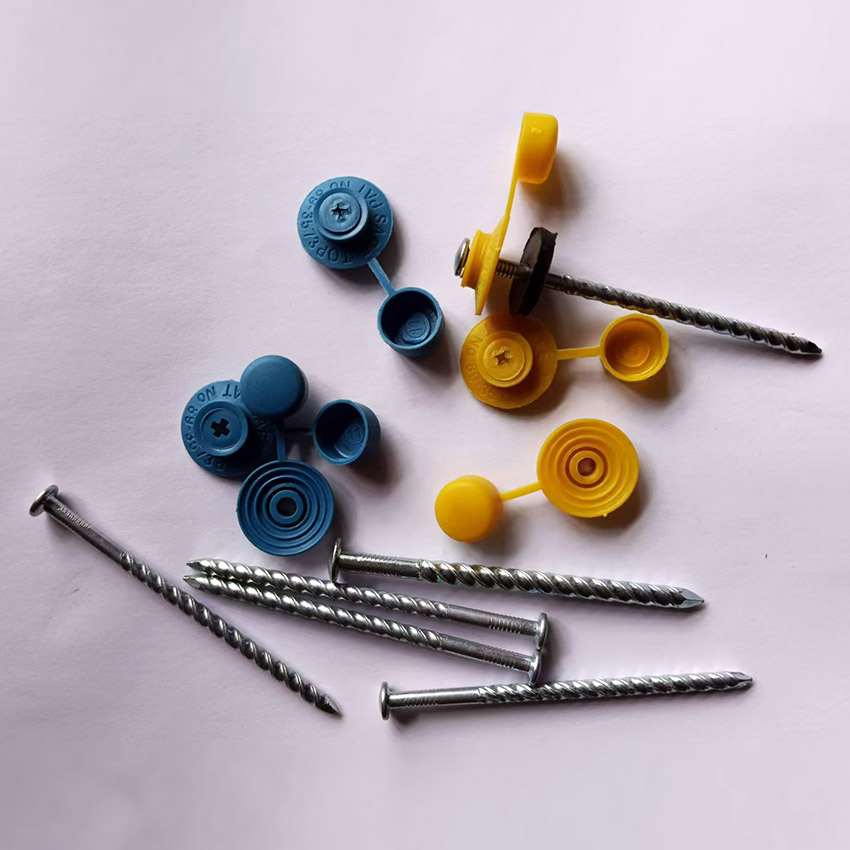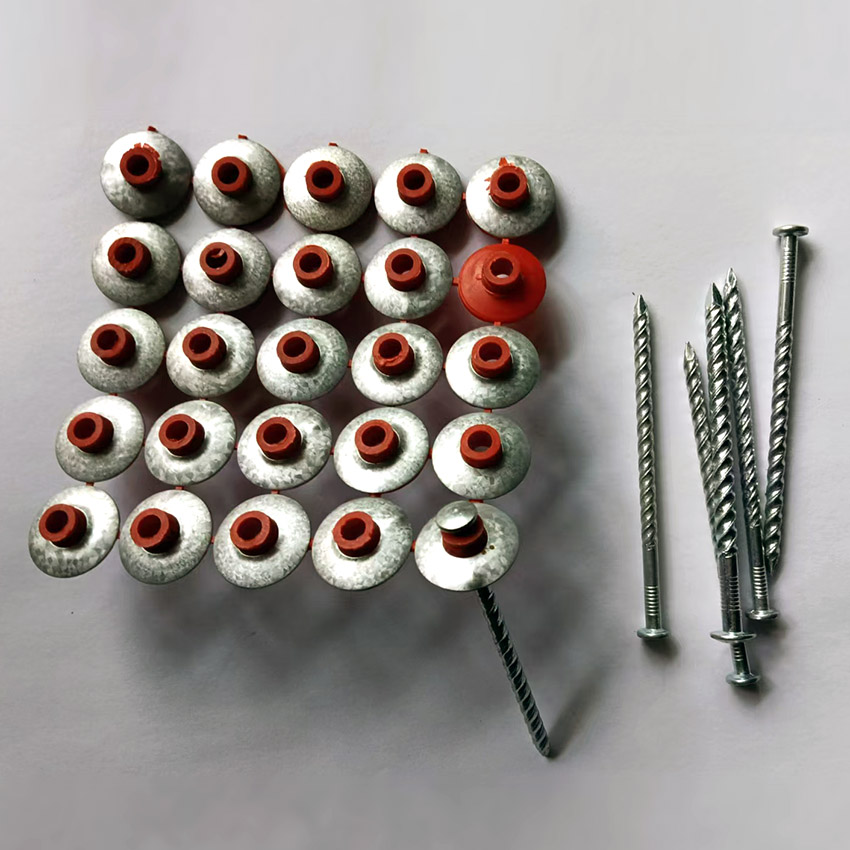Choosing the wrong nail size may lead to wood cracking, unstable fixation and even engineering rework! Based on the national standard specifications and practical experience, this paper teaches you to choose the nail size accurately from five dimensions: material, length, diameter, shape and scene.
First, choose the length according to the purpose: the golden rule of short nails to long nails
Short nails (13-25mm): photo frames and thin wooden boards are spliced (such as shoe cabinet laminates).
Middle nail (25-51mm): tenon joint of wooden furniture and gypsum board fixation.
Spikes (51-102mm): floor keel, wooden frame of the house.
Extra-long nails (> 102mm): concrete wall reinforcement and bridge engineering.
Second, look at the diameter and choose the strength: the mechanical code from fine nail to extra-thick nail.
The diameter classification number range is suitable for the scene.
Fine nail No.18-16 (1.25-1.6 mm) decorative painting hanging, leather stitching.
Nail No.14-12 (2.0-2.5 mm) is made of wooden cases and hinged with wooden doors.
Thick nails No.10-8 (3.0-4.0 mm) shelf assembly, outdoor fence
Steel structure connection and ship construction with extra-thick nails above No.6 (≥ 5.0 mm)
Third, the material determines the life: comparison of rust resistance of four types of nails
Galvanized nails: cost-effective, suitable for indoor dry environment (such as wardrobe assembly)
Stainless steel nail: strong corrosion resistance, recommended for bathroom and kitchen.
Cement steel nail: hardness HRC50+, which can be directly nailed into concrete wall (with heavy hammer).
Copper nails: decorative, often used in the restoration of ancient buildings and yacht decks.
Fourth, the hidden function of special shapes
Twist nail: spiral pattern increases friction, which is suitable for ceiling keel fixation.
Self-tapping nail: the tip is threaded and directly screwed into the density board without pre-drilling.
Flat head nail: the nail head can be completely embedded in wood, suitable for furniture surfaces that need to be beautiful.
Five, GB/American standard conversion table (common size comparison)
1 inch =25.4mm (e.g. 2 inch nail ≈50mm)
No.8 nail = 4.0mm in diameter, No.10 nail =3.0mm (the larger the number, the smaller the diameter).
Common building specifications: 3.5×80mm (diameter× length)
Guide to Pit Avoidance: Three Common Misunderstandings in Nail Selection
Hardwood is not pre-drilled: it is recommended to drill a guide hole with a diameter of 70% of the nail size to prevent cracking.
Ordinary nails for wet environment: galvanized or stainless steel should be selected for rust prevention.
Heavy objects are suspended only by nails: they need to be reinforced with expansion pipes or structural adhesive.
Mastering these skills can reduce the problem of nail bending and cracking by 90%! Special engineering suggestions refer to GB/T 3488-2023 "Steel Nail" standard selection.




